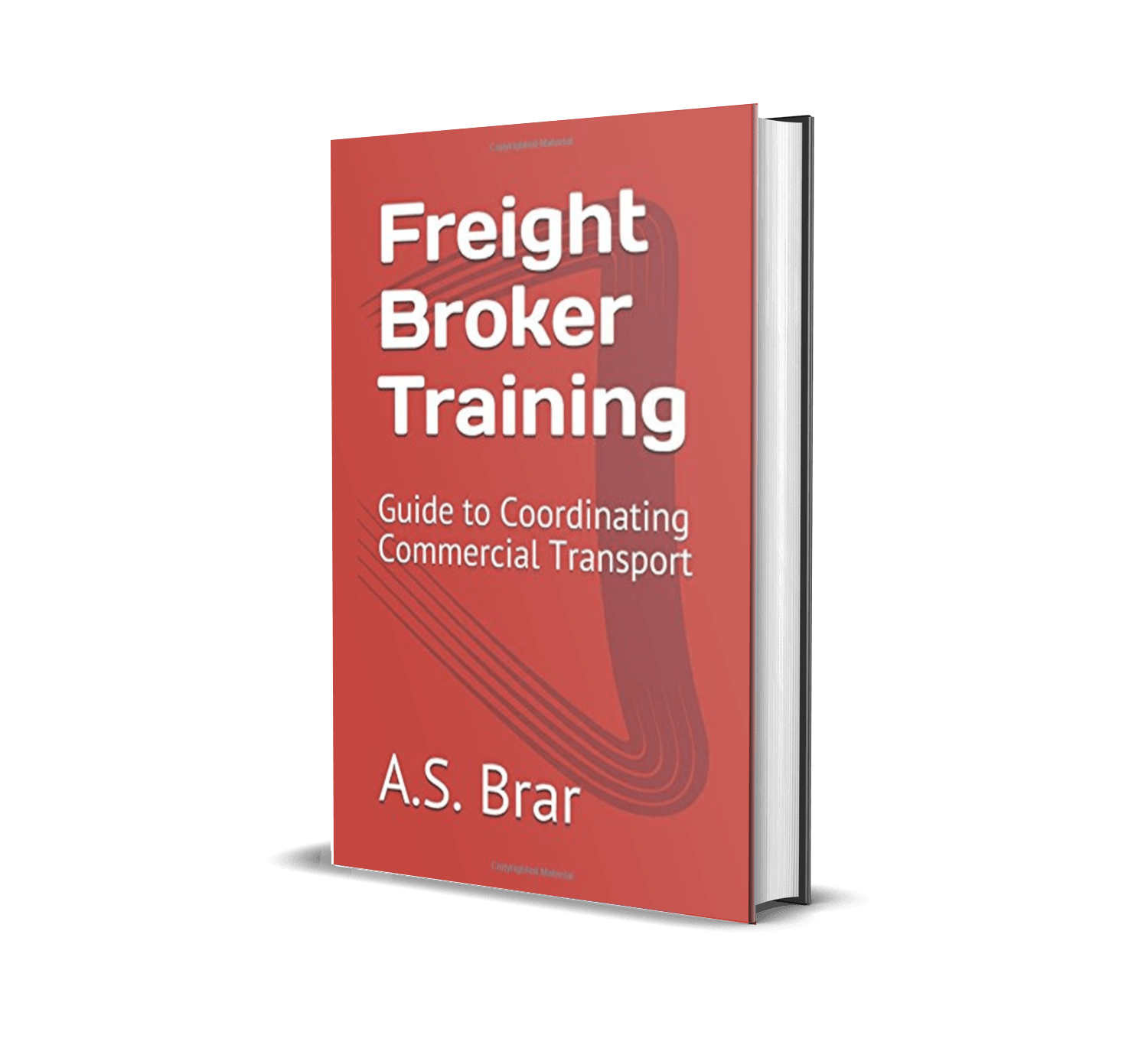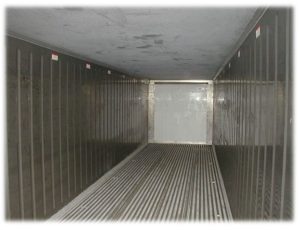Accounting is an activity and discipline many truck drivers ignore. Surviving from ‘paycheck to paycheck’ is generally seen as the way to go for many. However, the practice of accounting for truck drivers is an art and discipline which needs to be mastered if you wish to retire from the job one day with a nest of savings in your bank account.
Accounting Software: To use or not use?
There are many accounting software programs available such as Truck Bytes, Rigbooks, TruckinPro, and more that can help you manage your money, but these paid programs are not always necessary. Yes, these software programs are usually more comfortable to use than doing math calculations on your own, creating and editing a spreadsheet, and setting up reminders but, they cost money which is money you could otherwise save. The software may give you the option to try a free version for a specific period or even indefinitely, but free software is usually limited in features and often aims to have you upgrade to the paid version. In this article, we will present you a free and easy method of handling the accounting aspect of your job, which may seem voluntary but is absolutely necessary for your financial success as a truck driver.
Math is something many may dread while others enjoy extensively. However, simple mathematics such as addition, subtraction, multiplication, division, ratios, and fractions are necessary skills to possess when accounting for truck drivers. The assumption is that you are already familiar with this type of math and the practical use of these skills for truck drivers is the emphasis here.
Adding and anticipating your income
The money you expect to make is just that, an expectation. There is little recourse if you lose your job due to a slow economy because there is also little chance, you’ll find work elsewhere. Therefore, it is important if you are reading this article that you begin to save a large portion of your income in the coming weeks, especially if you have not been saving in the recent months or years. We recommend you adopt a high savings plan until you accumulate at least 8-10 months of monthly expenses. You also want to anticipate the number of hours or miles you will work through in the upcoming 30 days. Doing so will help you understand the amount of income you can generally expect on a monthly basis. Remember, accounting for truck drivers is an active approach which means that you constantly need to keep atop of your finances – no slack.
Subtracting your expenses
The first step to building a savings nest is to trim or eliminate expenses. Avoid eating out and pack and prepare your lunch at home. Buying individual packets of almonds or bags of oven-baked chips at the truck stop is going to cost more than purchasing them in bulk cases at the grocery store. You must try your best to eat healthy food because it will affect your performance when driving whether you recognize it or not, but your body performs better when you fuel it with clean foods. For example, you may not be able to go past the speed limit on a freeway, but if you are able to maintain a higher constant speed, then you can drive more miles in less time and earn more. Moreover, cancel any products or services that charge you on a recurring basis. For instance, a Netflix membership is not helpful for truck drivers who spend most of their time driving.
Creating a spreadsheet
Creating a spreadsheet is an advanced step you can take towards managing your income and expenses. If you do not want to work with spreadsheets, the best thing you can do is to use your banking app to track your transactions because most online banking systems use the standard spreadsheet as a method to create spending report tables. Another tip is to stick to using one chequing’s account because you can more easily keep track of your transactions. Ditch the credit card because your available credit subconsciously leads most people to believe that they have that amount of money but, you only have access to that money. And while truck drivers are not necessarily required to keep a spreadsheet, it is almost mandatory for owner-operators. We recommend you read accounting for a trucking business if you are an owner-operator or operate a fleet.
Be a good truck driver
Ensure you are punctual and have good behavior and keep a reminder in the back of your mind that you are still legally an employee of your company no matter what company culture is like. Always keep your logbooks in order, return paperwork to the terminal on-time, and conduct your pre-trip inspections with attention to detail. The reason why we exemplify these points is that even though state laws may not necessarily allow companies to deduct the cost of damages from an employee’s paycheque, you may be held liable in certain circumstances for any damage you cause. Being mindful on the job will help you to prevent any unforeseen accidents that could result in fines. Speaking on fines, avoiding tickets from local and state police for a logbook or other truck-driving violations will help you from burning a hole in your pockets.
Handling tax season
When tax season is around the corner, you have several options to how you wish to file your taxes. We recommend that you use the service of a tax professional because they are trained in helping you get the highest tax refund you can. Remember to choose a professional that has experience in calculating per-diem, which is money you are entitled to for every day you spend on the road.
Conclusion
This article details the preliminary skills and mindset you must keep achieving financial success as a truck driver. Accounting for truck drivers is an active approach which involves logging into your online and mobile banking apps three-to-four times per day and ensuring that you do not spend excessive funds at the truck stops.




